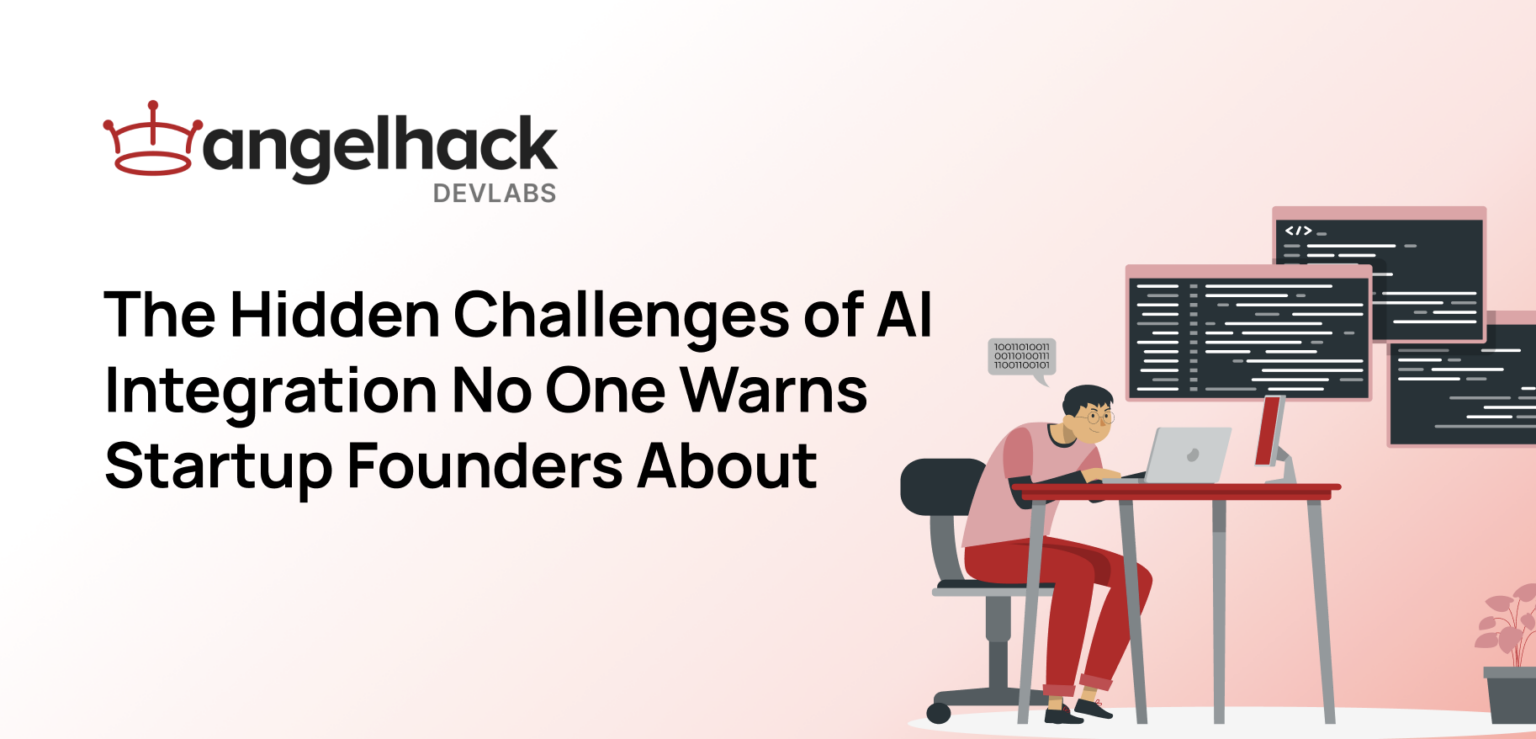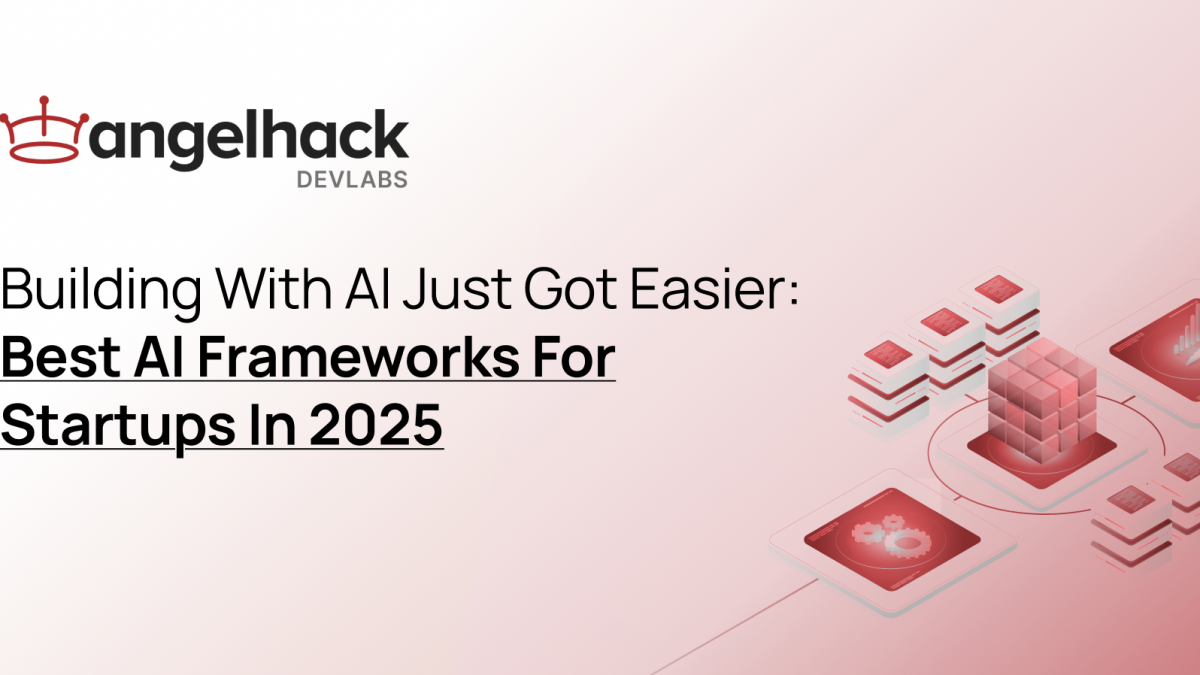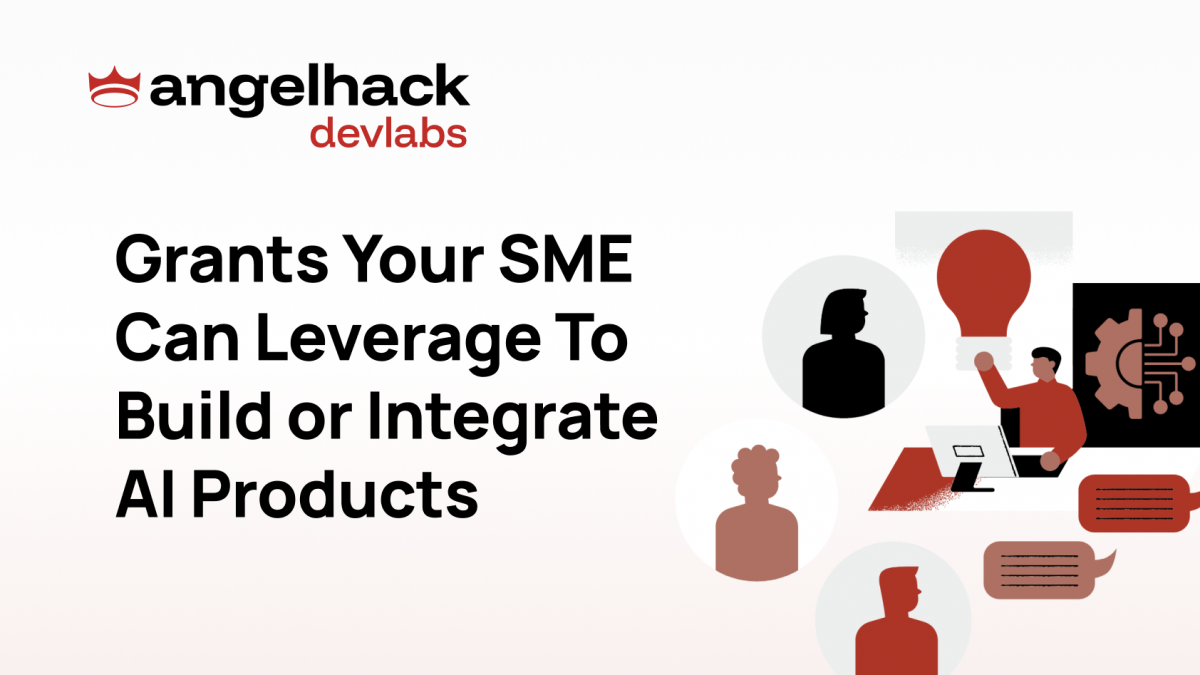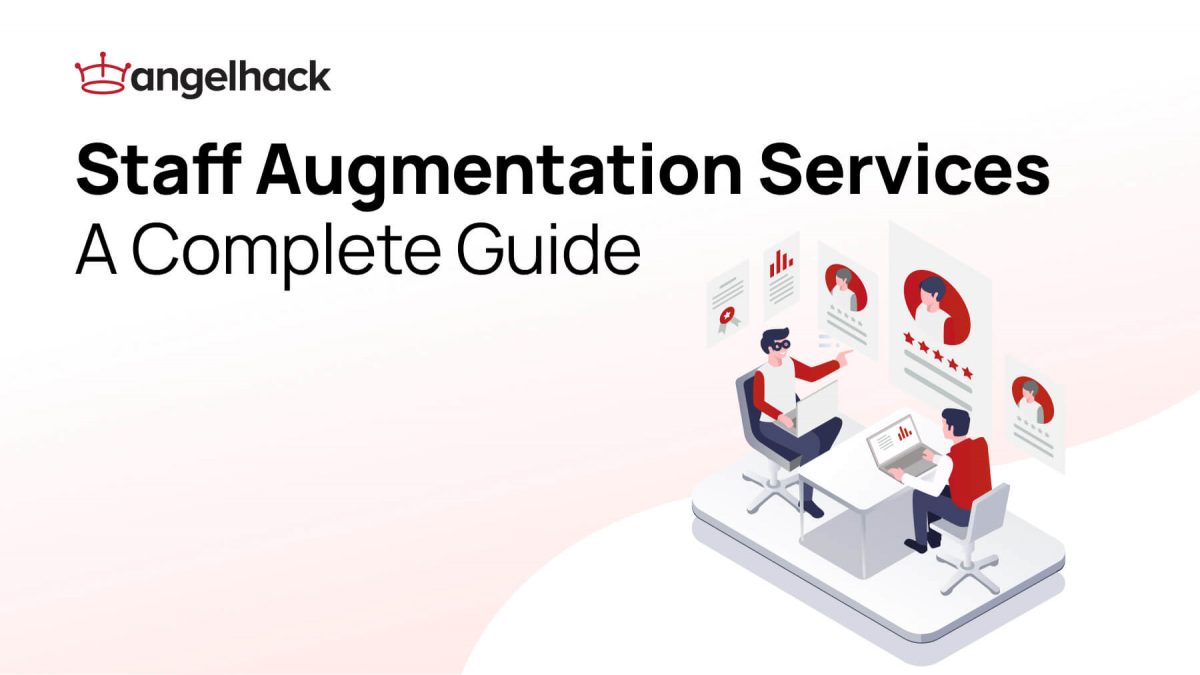While AI promises automation, efficiency, and better decision making, startup founders are grappling with major challenges.
After speaking with founders, and exploring discussions across SaaS communities, I’ve noticed a few patterns. This article breaks down the key pain points startups face when integrating AI, and what you can do about them.
Data Security and Control
Most startups deal with sensitive customer data, whether that’s emails, legal documents, CRM records, or financial information. Integrating AI into these workflows means exposing that data to external models, often hosted by large third parties. This raises compliance questions, especially around GDPR, HIPAA, and internal governance.
Founders also mentioned the challenge of limited model flexibility. While LLMs like GPT-4 are powerful, many aren’t designed for easy deployment or customisation:
- They’re not optimised for niche use cases (e.g. legal clause interpretation, healthcare summaries).
- They’re trained on general-purpose data, which can result in biased or incorrect outputs.
- Collecting high-quality, labelled data to fine-tune them is expensive and slow, especially for early-stage teams.
What startups can do:
- Start with hybrid workflows: combine AI-powered suggestions with human review.
- Use providers that offer data residency options and model transparency.
- Consider open-source models (e.g., DeepSeek, Llama, Prometheus-2) that can be fine-tuned securely on your infrastructure.
Dependence, Pricing, and Platform Risk
Over-reliance on OpenAI
For many SaaS startups, integrating GPT through OpenAI’s API is the fastest way to build a functional prototype.
But founders are now sounding the alarm about long-term sustainability:
- Rising costs: OpenAI’s pricing has changed multiple times, and startups fear being priced out once they scale.
- Platform risk: OpenAI could roll out its own SaaS features that compete directly with your product (like ChatGPT plugins, voice agents, or data analysis tools).
- Vendor lock-in: Many LLM apps are tightly coupled with OpenAI, making it hard to switch providers later.
What startups can do:
- Use orchestration tools like LangChain or OpenRouter to remain model-agnostic.
- Experiment early with self-hosted or open-source models.
- Avoid building AI wrappers with no proprietary IP, invest in product workflows, unique UX, and domain-specific tuning.
Beyond Chatbots: Building Real AI-Driven SaaS
Another insight from founders: AI integration must go deeper than surface-level chat interfaces.
The first generation of AI startups built GPT wrappers. But customers are now demanding more: automated insights, decision support, and domain expertise.
Here are some real-world examples of SaaS companies doing it right:
- Sentry: Uses AI to detect bugs and suggest fixes, directly improving dev workflows.
- AppRadar: Summarises app store reviews with AI-powered sentiment tracking.
- Databutton: Translates plain text prompts into full-stack app code, ideal for indie hackers and PMs.
These companies don’t just use LLMs. They embed AI into multistep workflows, often combined with custom logic, niche data, and proprietary UX.
What startups can do:
- Focus on use case depth, not model breadth.
- Use AI to automate complex internal tasks, not just answer questions.
- Build integrations around CRM, analytics, or vertical-specific problems (law, HR, sales, logistics, etc.).
Open Source and Self-Hosting: The Next Strategic Advantage
Founders are now seriously considering alternatives to proprietary AI services.
Why? Because:
- Cloud providers like AWS Bedrock, Modal, and Replicate now make it easier to host models with scale and compliance.
- NVIDIA’s new AI chips and inference-optimised infrastructure are making local model hosting cheaper and faster.
- Open-source models like DeepSeek V3, Llama 3, and Prometheus-2 are narrowing the performance gap, while offering more control.
One founder shared their experience moving away from LangChain in favour of using direct API integrations. The reason? More control, less abstraction, and lower latency.
What startups can do:
- Begin exploring benchmarking for open-source models in your domain.
- Build your stack using modular components that allow easy switching (tools like LlamaIndex or Semantic Kernel help here).
- Consider a gradual transition plan: start with a hybrid model using OpenAI + local inference fallback.
A Framework for Smarter AI Integration
If you’re a startup founder navigating AI integration, here’s a roadmap to guide your decisions:
| Challenge | Suggested Strategy |
|---|---|
| Cost of inference | Test open-source or hosted alternatives (DeepSeek, Groq, Claude) |
| Dependency risk | Avoid vendor lock-in by using LangChain, OpenRouter, or direct APIs |
| Model limitations | Fine-tune smaller models for domain-specific tasks |
| Deployment complexity | Use orchestration frameworks like Semantic Kernel, Orq.ai |
| Scaling concerns | Start with hybrid workflows, and evolve with usage metrics |
The most successful AI products will be the ones that:
- Solve real problems through domain expertise
- Offer proprietary data advantages
- Can adapt to multiple AI providers
- Embed AI into end-to-end workflows, not just UIs
How AngelHack DevLabs Helps Startups Build Smarter AI
At AngelHack DevLabs, we specialise in helping startups build AI-powered applications that scale, without the headaches of vendor lock-in or ballooning cloud bills.
We’ve helped:
- SaaS platforms reduce GPT inference costs by up to 40%
- Tech startups move from wrapper apps to deep integrations with CRM, billing, and analytics systems
- Teams adopt LangChain, vLLM, and LlamaIndex to build RAG-based dashboards, internal copilots, and support bots
Whether you’re just prototyping or scaling across thousands of users, we can help you:
✅ Pick the right AI architecture
✅ Integrate models cleanly into your stack
✅ Integrate AI sustainably
If you’re looking for a partner to help you navigate the complexity, let’s talk.




